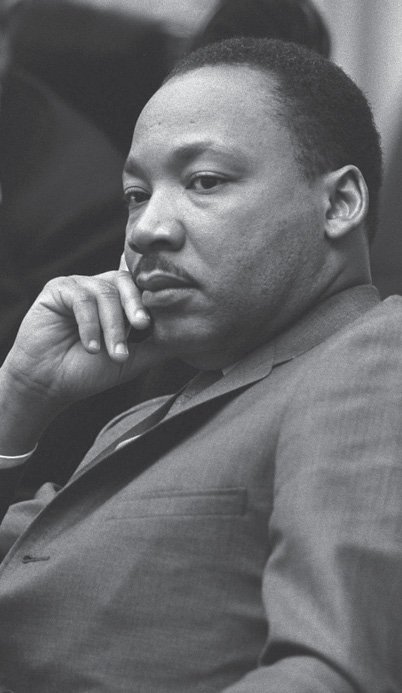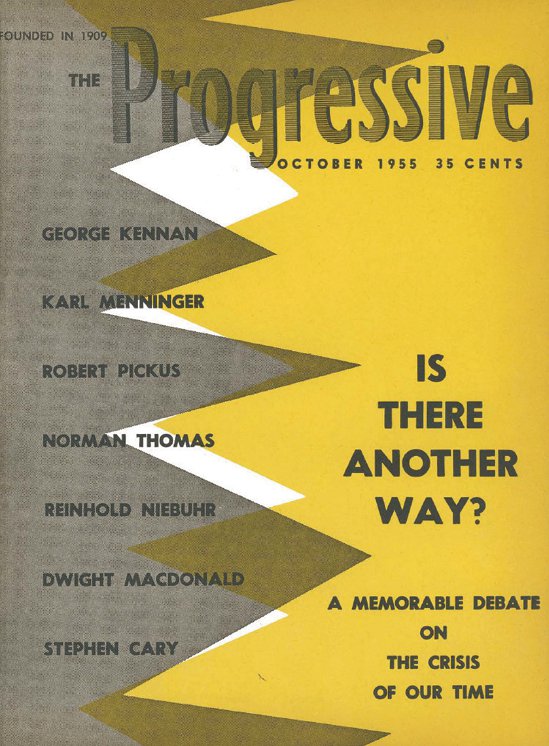With the death toll in Gaza now exceeding 11,000 people—more than 4,100 of them children—it is well past time to have a conversation about the utter failure of violence to solve problems. There is no excuse for the wanton attacks by Hamas militants on innocent civilians in Israel, nor for the kidnapping of 240 people to use as hostages. However, there is also no excuse for an unparalleled, out-of-scale war of retribution.
The phrase “an eye for an eye, a tooth for a tooth leaves the whole world toothless and blind” (or one of its many variations) is often attributed to nonviolence pioneer Mohandas Karamchand Gandhi. The aphorism’s origin can be traced to the ancient legal code (#196) of Babylonian King Hammurabi written about 3,775 years ago and carved into a large piece of basalt. The phrase reappears in the Bible about 1,000 years later, in the Book of Leviticus (24:17-22), where it says “eye for eye, tooth for tooth” in no uncertain terms. During the 2016 presidential campaign, Donald Trump told a conservative radio host this was his favorite Bible verse.
But we, as a species, have certainly grown beyond that. In the 1960s, the Reverend Martin Luther King Jr., who adopted much from Gandhi, expanded these thoughts to say, “The old law of an eye for an eye leaves everyone blind. It destroys communities and makes humanity impossible. It creates bitterness in the survivors and brutality in the destroyers.” King’s view has become glaringly and brutally clear in the streets of Gaza.
Following the horrific attack by Hamas on Israel on October 7, the Israeli government has unleashed a campaign of revenge magnified many times against a largely civilian population who were not the perpetrators of the deaths and hostage-taking on that day.
As King also wrote in 1967, “Violence merely increases hate . . . . Returning violence for violence multiplies violence.”
“The old law of an eye for an eye leaves everyone blind. It destroys communities and makes humanity impossible. It creates bitterness in the survivors and brutality in the destroyers.”—Reverend Martin Luther King Jr.
At The Progressive, we have a long tradition of opposing violence and militarism as ways of solving problems. In April 1917, our founder, Robert M. La Follette, spoke out on the floor of the U.S. Senate opposing the United States entry into World War I, saying: “In times of peace, the war party insists on making preparation for war. As soon as prepared for war, it insists on making war. If there is no sufficient reason for war, the war party will make war on one pretext, then invent another, possibly more effective, pretext after war is on.” In response, La Follette was “vilified in the press, burned in effigy on the University of Wisconsin campus, branded by many as a traitor, and threatened with expulsion from the U.S. Senate.”
In 1991, then editor of The Progressive Erwin Knoll, a Holocaust survivor, spoke out against the use of military force to resolve conflict—at that time in the Persian Gulf, where Saddam Hussein was being compared to Adolf Hitler.
In 2022, as military equipment was being rushed to fuel the violence and killing in Ukraine, this magazine again editorialized against such actions. “Military escalation will lead inevitably to the slaughter of more innocents, as all wars do. We need voices calling for de-escalating this conflict, using nonviolent means to bring the war to an end,” we wrote.
Today, again, we say sending more weapons and other military equipment to fuel a violent conflict based on revenge will not bring back any of the victims, nor will it solve any of the issues that brought about the violence. It will only “increase hate” and “multiply violence,” as King so presciently said.
In order to come to a true resolution of conflict, we must end the use of violent conflict as a tool in the toolbox of responses. Following the global tragedy of World War II—from the horrors of the Holocaust to the deaths in the battlefield, to the multiple refugee crises, and the previously unimaginable devastation of the atomic bombing of Japan—a new method of conflict resolution was undertaken. Following that war, in 1945, fifty-one countries created the United Nations to be “an international organization tasked with maintaining international peace and security, promoting social progress, and supporting universal human rights.”
Quaker peace activist Robert Pickus, who died in January 2016, was one of the authors in 1955 of the American Friends Service Committee study Speak Truth to Power: A Quaker Search for an Alternative to Violence, an eighty-one-page pamphlet that was an important statement of pacifism in the midst of an escalating Cold War. In October 1955, The Progressive devoted most of that month’s magazine to a discussion of these ideas, featuring extended articles by Pickus and others discussing the topics of the booklet.
Speak Truth to Power sought to critique the “general acceptance of a dominantly military policy” that was “based on the belief that military power provides the necessary security without which the constructive work to build peace cannot be undertaken.” The authors offered a well-argued, thoughtfully presented alternative that offered “far greater hope and no greater risk than our current military policy.” Their goal was to show that conflicts could be resolved “without resorting to evil means to resist” one’s opponent.
Pacifists are often challenged with questions like, “What about Hitler?” King gave a very strong statement about this when speaking to the American Jewish Congress on May 20, 1965, in a New York hotel. “If Protestants and Catholics had engaged in nonviolent direct action,” he said, “and had made the oppression of the Jews their very own oppression and had come into the streets beside the Jew[s] to scrub the sidewalks, and had Gentiles worn the stigmatizing yellow arm bands by the millions, a unique form of mass resistance to the Nazis might have developed.” King was very clear: Nonviolent direct action, when seriously and thoughtfully applied, can be used to confront all forms of violence. Bombs and missiles are not the only tools to confront evil and violence in our world.
Unless we, as a society, can embrace alternatives to violent conflict as a way of resolving differences, we truly will find ourselves doomed to living on a planet of blind and toothless combatants, with no possibility of peace.
The most pressing and immediate need in the current war on Gaza is for an immediate ceasefire to end the killing and destruction. In a recent article for our website, Kathy Kelly, who was nominated three times for the Nobel Peace Prize and won the Gandhi Peace Award in 2015, writes, “Calling for a ‘pause’ in the bombing rather than a full ceasefire is hideously cruel and unmistakably futile. Do they expect that allowing some relief to go in, and a few of the maimed and wounded to go out, will solve anything once the bombing and the starvation blockade resume?”
The killing must stop. The bombing and destruction must stop. Unless we, as a society, can embrace alternatives to violent conflict as a way of resolving differences, we truly will find ourselves doomed to living on a planet of blind and toothless combatants, with no possibility of peace.
By
Norman Stockwell
Norman Stockwell is publisher of The Progressive.


